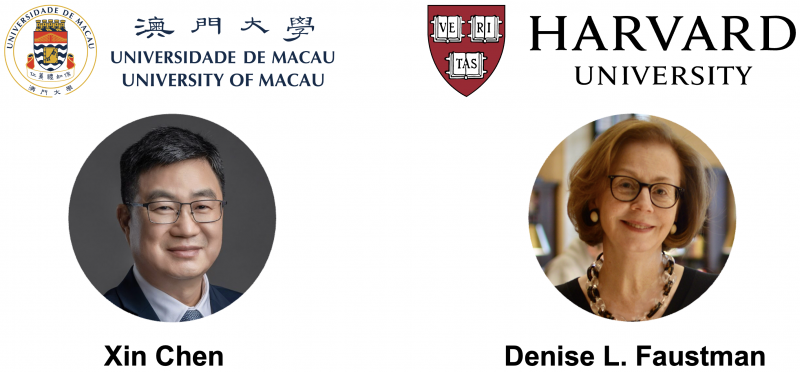International Symposium on TNFR2
Immunobiology and Immunopharmacology
Date: March 3rd-4th, 2025
Over the past two decades, significant advancements have been made in understanding the pivotal role of TNFR2 in modulating immune responses. These findings, particularly in relation to CD4+Foxp3+ regulatory T cells (Tregs), myeloid-derived suppressor cells (MDSCs), mesenchymal stem cells (MSCs), and other cell types, have captivated both academic and industrial sectors. Consequently, substantial efforts have been directed toward developing novel TNFR2-targeting therapeutics for the treatment of major diseases such as cancer and autoimmune disorders. These endeavors have notably led to numerous clinical trials investigating the effects of anti-TNFR2 antibodies in cancer treatment.
It is with great excitement that we announce the International Symposium on TNFR2 Immunobiology and Immunopharmacology, scheduled for March 3rd and 4th, 2025, at the University of Macau, Macau SAR, China. This premier gathering promises to provide a fertile ground for disseminating the latest research on TNFR2’s mechanisms in immune regulation and its expansive therapeutic promise. By convening leading scientists from academia and the pharmaceutical industry, the symposium aims to enhance collaboration and stimulate innovation in this dynamic field.
The event lineup will feature presentations by 24 eminent professors and researchers representing prestigious institutions across Europe, USA, Australia, and Asia. Attendees will experience thought-provoking perspectives on TNFR2’s role in autoimmunity, cancer, inflammation, tissue repair, and the development of new therapies. We are immensely grateful to the University of Macau’s Funding Scheme for International Conferences, the Science and Technology Development Fund (FDCT), the Institute of Chinese Medical Sciences/State Key Laboratory of Quality Research in Chinese Medicine (UM), the Society of Leukocyte Biology (SLB)/the Journal of Leukocyte Biology (JLB) for their generous funding and organizational support of this noteworthy event.
The two-day symposium includes an enriching program packed with keynote lectures, dynamic poster sessions, and ample opportunities for networking with pioneering researchers and thought leaders in the field. We extend a warm invitation to researchers, students, and all who are enthusiastic about the scientific research and R&D of TNFR2-targeting therapeutics.
Xin Chen, University of Macau
Denise L. Faustman, Harvard University
Co-organizers:



